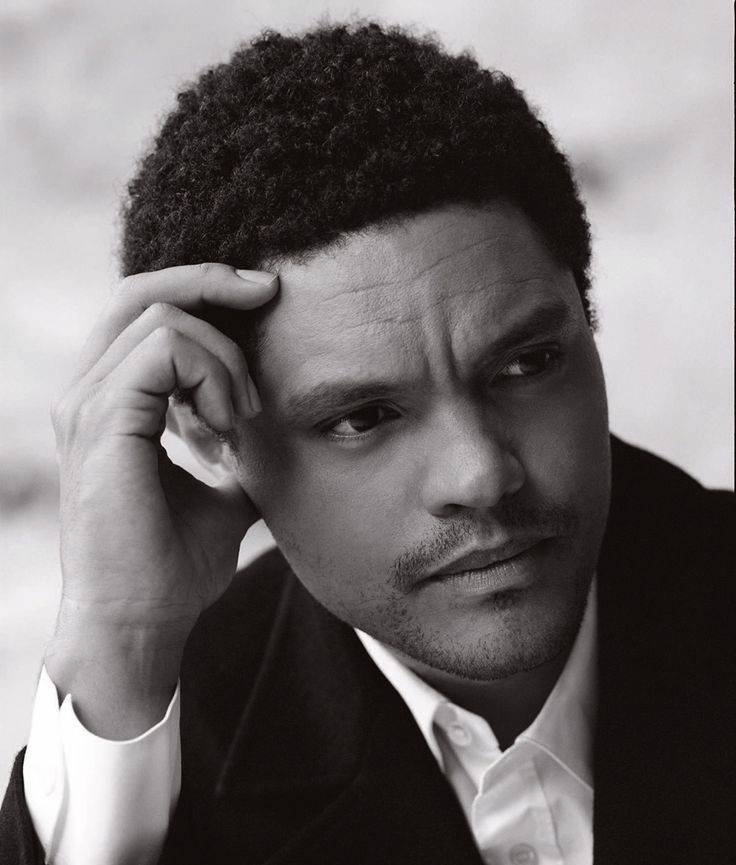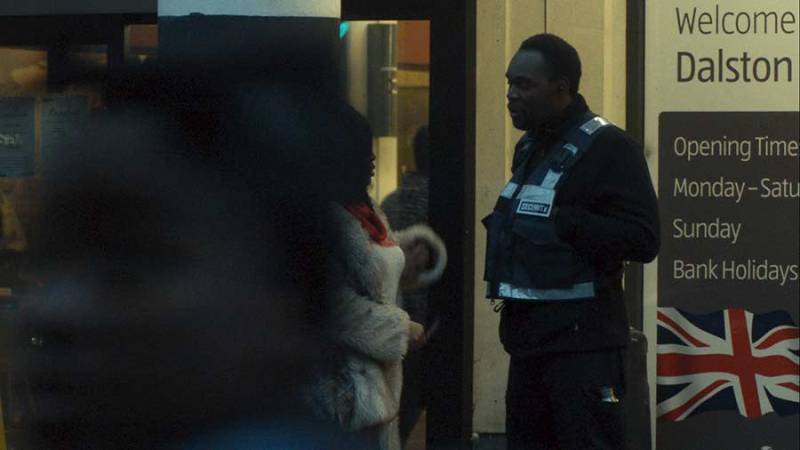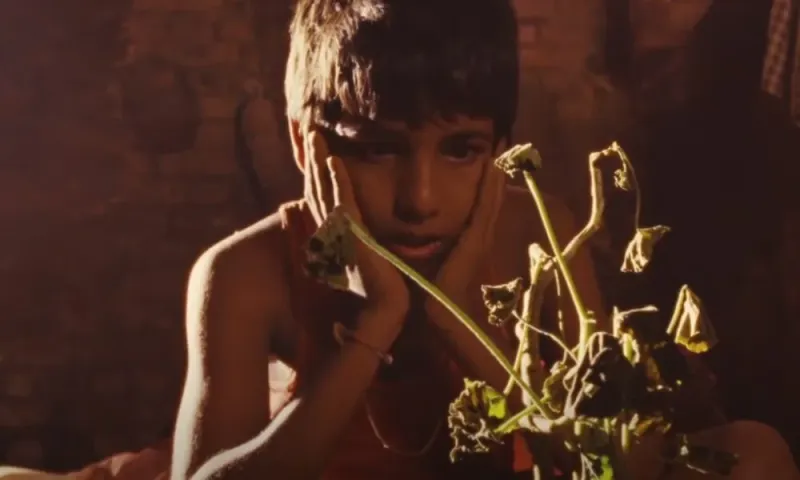Picture Tree International (PTI) has acquired Constantin Film’s hit comedy film series “Bavarian Rhapsody,” about a laid-back cop in a small town in southern Germany.
The eight-part movie series, which PTI is presenting at the MipTV mart in Cannes this week, includes the latest installment, “Guglhupf Squadron,” which Constantin is releasing in theaters in August. PTI will screen a trailer reel of the series and part seven in the franchise, last year’s “Kaiserschmarrn Drama.”
Based on Rita Falk’s bestselling book series that also celebrates Bavarian cuisine, the movie franchise began in 2013 with “Sweet Buns Blues” and also comprises 2014’s “Winterpotato Dumplings”; “Porkhead Al Dente” (2016); “Wheatnoodles Affair” (2017); “Sauerkraut Coma” (2018); and the sixth installment, “Leberkäs Junkie” (2019).
Set in the town of Niederkaltenkirchen, the series follows Franz Eberhofer, the local village cop and an easygoing creature of habit who lives on his family’s farm, Eberhoferhof, with his grandmother, an upstanding moral authority and extraordinary cook; his pot-growing hippie father; stuffy brother Leopold and his Thai wife Panida; and Ludwig, the family dog.
While the series was initially conceived as a TV production, the first installment ended up becoming a surprise hit when Constantin released it regionally in southern Germany. The popularity of the franchise soon increased nationwide with the steady release of subsequent pics. Together, the films have so far raked in some $50 million at the German box office.
In adapting Falk’s quirky stories, the film team found creative ways to capture the essence and spirit of the books on film.
“The novel uses Franz Eberhofer’s inner monologues and self-talks with the dog to comment on everything,” explains Constantin Film producer Kerstin Schmidbauer. “We didn’t find a place for it in the scripts, but we used it as a backdrop to how the character ticks.”
“And in order to create this closeness to the characters, we almost exclusively used very short focal lengths for the close-ups,” adds director Ed Herzog. “Another challenge for me was to transfer the special tonality of the novels, the bizarreness, but also the warmth and love for the characters to the medium of film.”
Despite being very Bavarian, the book and film series have found broad appeal due in part to their embrace of a simpler and slower-paced lifestyle, says Herzog.
“Franz Eberhofer never checks his e-mails — he doesn’t even have a computer. He doesn’t chat; he prefers to go to the pub with his friends. It’s not delivery services that bring their food – it’s the grandma herself who cooks it. He avoids his work as best as he can and only does what really interests him. This is a form of deceleration in comedy tempo, which is obviously striking a chord with many viewers.”
Adds Schmidbauer: “The figures are unusual, but also archetypal. … Eberhofer unites people from all age groups, social classes and regions with which everyone can identify. And people like to laugh at themselves.”
It is those qualities that provide the franchise with international potential, they add.
“In every country there is a big city vs. provincial dichotomy, and in every culture the provincials are seen as backward, quirky and more traditional,” Herzog notes. “People like to joke about them. In the Eberhofer films, it is precisely these backward villagers who become thoroughly sympathetic heroes who simply cannot be defeated.”
“In my opinion, there is a great international interest in politically incorrect characters who are portrayed in a humorous way and who do and experience weird things, such as in the films of the Coen brothers, who we greatly admire, without wanting to compare Eberhofer directly with them,” Schmidbauer says. The “Bavarian Rhapsody” movies are all crime comedies with “mostly very bizarre, unusual cases that have great entertainment value.”
In view of the growing theatrical and TV success of the series, Constantin Film plans to continue producing and releasing Eberhofer for the foreseeable future, Schmidbauer notes. The company has already released seven adaptations of Falk’s 11 books in the series, with the eighth due out in August. It’s currently prepping a new installment, “Rehragout-Rendezvous,” that will shoot later this year for theatrical release in 2023.
Falk, who has not decided how many Eberhofer books she’ll ultimately write, is currently penning a further book in the series.
“The fact that the books will continue to be filmed by us is contractually secured,” Schmidbauer adds. “For Rita Falk, it’s something that is dear to her heart. She is one of the biggest fans of our films.”
PTI is also premiering two other Constantin titles at the upcoming Cannes Film Festival’s Marché du Film: Leander Haussmann’s Cold War laffer “A Stasi Comedy,” starring David Kross and Tom Schilling, which hits German theaters on May 19; and Anika Decker’s romantic comedy “Love Thing,” starring Elyas M’Barek, which is set to be released on July 7.




